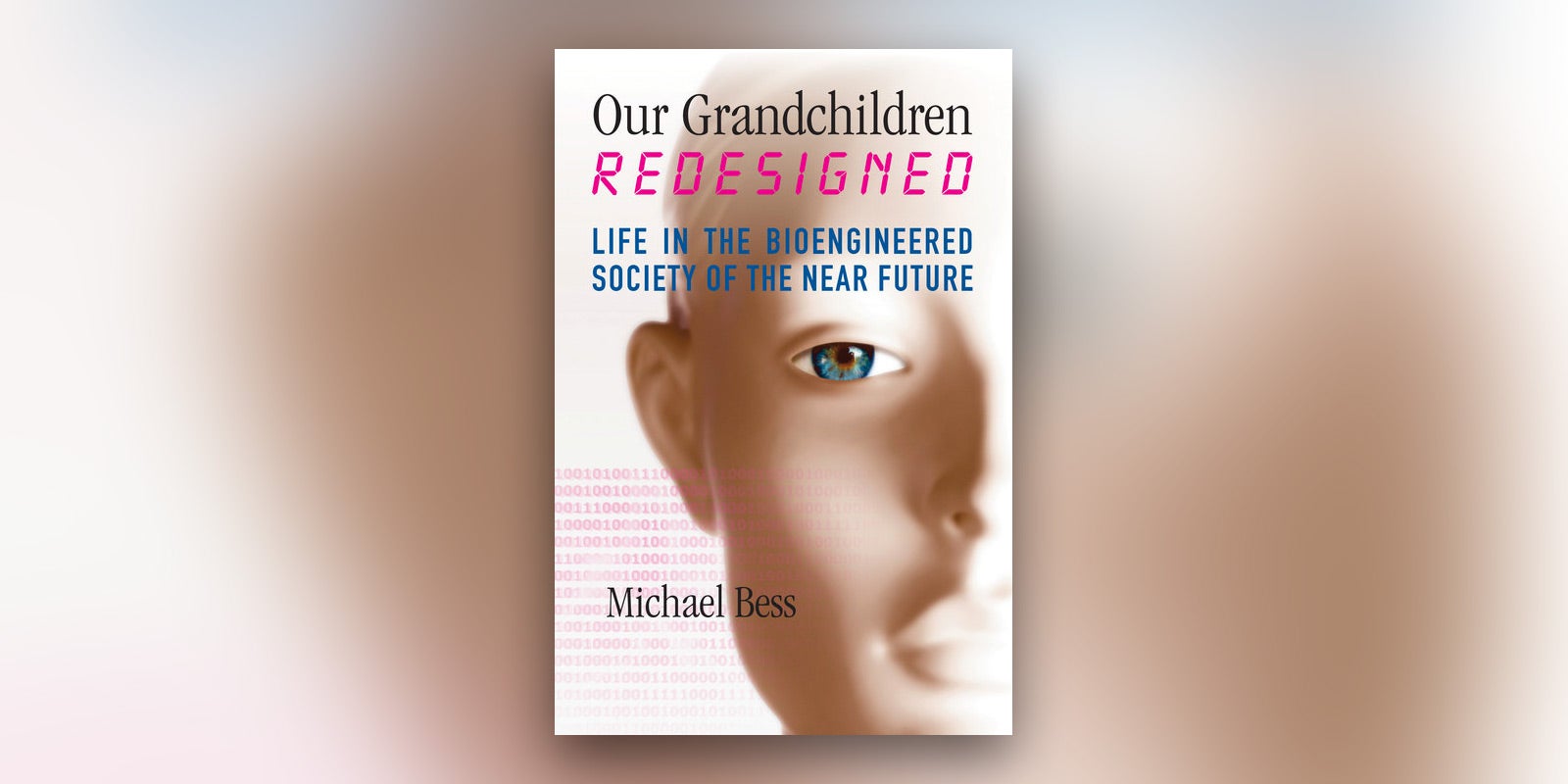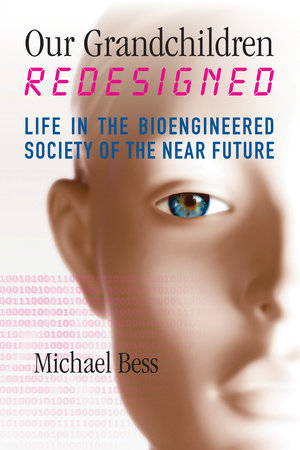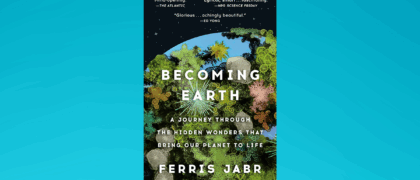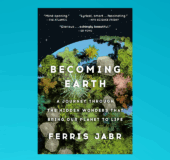By Michael Bess, author of Our Grandchildren, Redesigned: Life in the Bioengineered Society of the Near Future (Beacon Press)
Over the coming decades—probably a lot sooner than most people realize—the next great wave of technological change will wash over our lives. Its impact will be similar in sweep and rapidity to the advent of computers, cell phones, and the Web; but this time around, it is not our gadgets that will be transformed. It is our bodies, our minds, and ourselves. This will be a shift that cuts even more deeply than the great industrial revolutions of the past. It will not only alter how we make a living, communicate, and interact with each other, but will also offer direct and precise control over our own physical and mental states. People will be able to sculpt their own selfhood over time, reshaping their bodies, augmenting their cognition, reconfiguring their character and personality. We will live through this process, year by year, marveling all the while at how malleable our species turned out to be.
If you talk to the authors of this revolution—the scientists, doctors, and engineers who labor tirelessly at the vanguard of biotechnology—most of them will deny that this is what they have in mind. They’ll insist that they are not seeking to bring about the transmogrification of the human species: they are simply doing their best to heal the sick and to repair the injured. But once you stand back and look at the big picture, sizing up the cumulative impact of all their brilliant efforts, a different conclusion emerges. Whether they intend it or not, they are giving our species the instruments with which to radically redesign itself. Those instruments are already becoming available in crude form today, and they will fully come into their own over the next few decades. By the time our grandchildren have grown to adulthood, this wave of change will have passed through our civilization.
The results will be mixed. Some of the new bioenhanced capabilities will be splendid to behold (and to experience). People will live longer, healthier, and more productive lives; they will connect with each other in seamless webs of direct interactivity; they will be able to fine-tune their own moods and thought processes; they will interact with machines in entirely new ways. Their augmented minds will generate staggeringly complex and subtle forms of knowledge and insight.
At the same time, these technologies will also create formidable challenges. If only the rich have access to the most potent bioenhancements, this will exacerbate the already grievous rift between haves and have-nots. As these technologies advance, they will continuously raise the bar of “normal” performance, forcing people to engage in constant cycles of upgrades and boosts merely to keep up. Some bioenhancements will offer such fine-grained control over feelings and moods that they risk turning people into emotional puppets. Individuals who boost their traits beyond a certain threshold may acquire such extreme capabilities that they will no longer be recognized as unambiguously human.
In Our Grandchildren Redesigned I focus on three main areas—pharmaceuticals, bioelectronics, and genetics—through which the most far-reaching modifications of humans are likely to occur over the coming decades. My emphasis here is on what the experts themselves are saying about the likely future trajectory of innovation in their fields. I avoid sweeping generalizations about the morality of the “enhancement enterprise”: a Manichean thumbs-up or thumbs-down. Instead, I examine each type of enhancement technology on a case-by-case basis, posing a set of basic, “civilization-shaping” questions: How far do we want to go in using biotechnology to alter the human constitution? What kinds of modifications should we embrace, and which should we reject? And how much of a say do we really have in determining the manner in which these devices and practices will enter our lives?
MICHAEL BESS is the Chancellor’s Professor of History at Vanderbilt University. He has received major fellowships from the J. S. Guggenheim Foundation, the American Council of Learned Societies, the National Human Genome Research Institute, the John D. and Catherine T. MacArthur Foundation, and the Fulbright program. His previous books include Choices Under Fire and The Light-Green Society.






